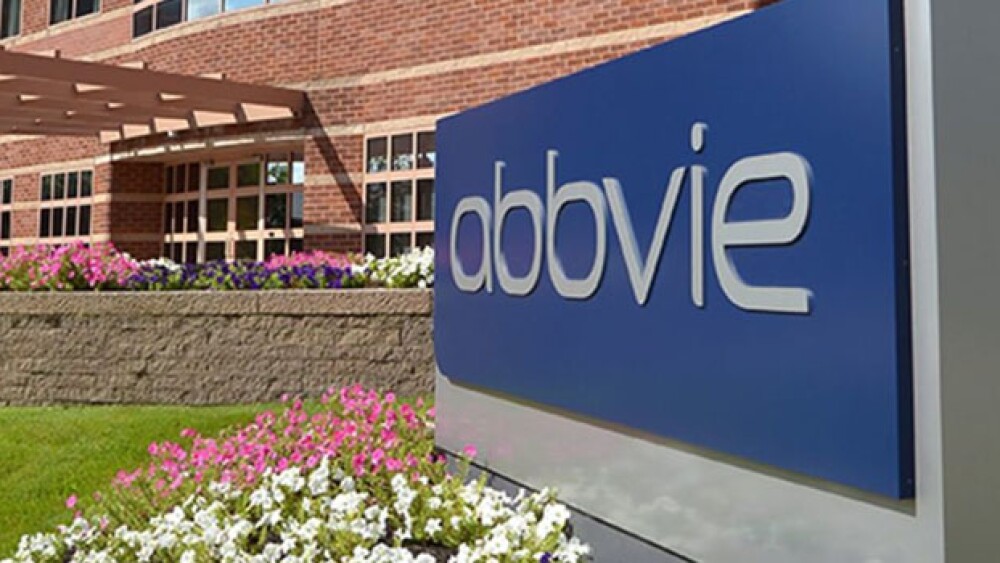Weeks after Waltham, Mass.-based Morphic Therapeutic secured $80 million in Series B financing that was supported in part by AbbVie Ventures, the company struck a deal with the pharma giant to collaborate on the development of therapies for fibrosis-related indications.
Weeks after Waltham, Mass.-based Morphic Therapeutic secured $80 million in Series B financing that was supported in part by AbbVie Ventures, the company struck a deal with the pharma giant to collaborate on the development of therapies for fibrosis-related indications.
The two companies will focus on advancing Morphic’s oral integrin therapeutics for the indications. Integrin signaling controls a wide range of cellular processes, such as cell survival, cell cycle progression and immune system activation. Aberrant signaling can contribute to a number of disease issues, including fibrosis. Morphic Therapeutic’s platform for integrin oral inhibitors is designed to block TGF-β activation, which is thought to be a key approach to halt or reverse fibrosis.
Fibrosis occurs when chronic inflammation or persistent injury leads to the development of excessive connective tissue, which can lead to organ damage and impaired function.
Praveen Tipirneni, president and chief executive officer of Morphic Therapeutic, touted the new collaboration. Tipirneni said AbbVie has the “global scientific and clinical development expertise” to support the role of investigating integrin biology as a potential treatment for fibrosis-associated diseases.
“Combined with our recent financing, we are in an excellent position to further the development of our pipeline and more fully extract value from what we believe is the world’s only broad-based structure enabled integrin drug discovery platform,” Tipirneni said in a statement.
Fibrosis-related diseases can affect nearly all tissues and organ systems. These diseases can cause serious illness and death. Because of the concerns regarding fibrosis, Lisa Olson, head of immunology discovery at AbbVie, said fibrosis represents a “major area of medical need” due to its wide-reach, as well as limited targeted treatments that address the underlying causes.
“We believe that integrin biology could play an important role in the future treatment paradigm of serious immune-mediated diseases where fibrotic mechanisms contribute to the pathology. We are pleased to partner with the team at Morphic to develop therapies together for patients with these serious conditions,” Olson said in a statement.
Under terms of the agreement, AbbVie will pay Morphic an upfront sum of $100 million for exclusive license options on product candidates directed at multiple targets. For each of the compounds, Morphic will conduct R&D activities through the completion of Investigational New Drug (IND)-enabling studies. When an IND occurs, AbbVie may pay a license fee to exercise its exclusive license option and assume responsibility for global development and commercialization. Additionally, Morphic is also eligible for additional, undisclosed clinical and commercial milestone payments and tiered royalties on worldwide net sales for each compound.





